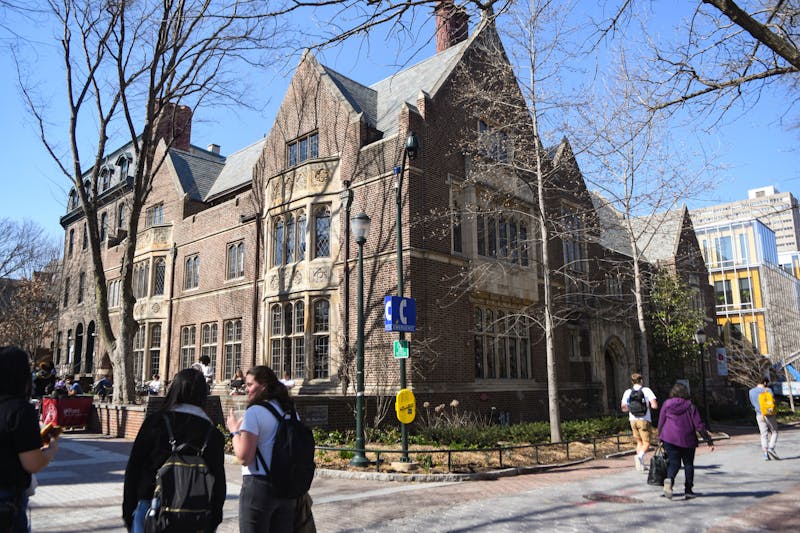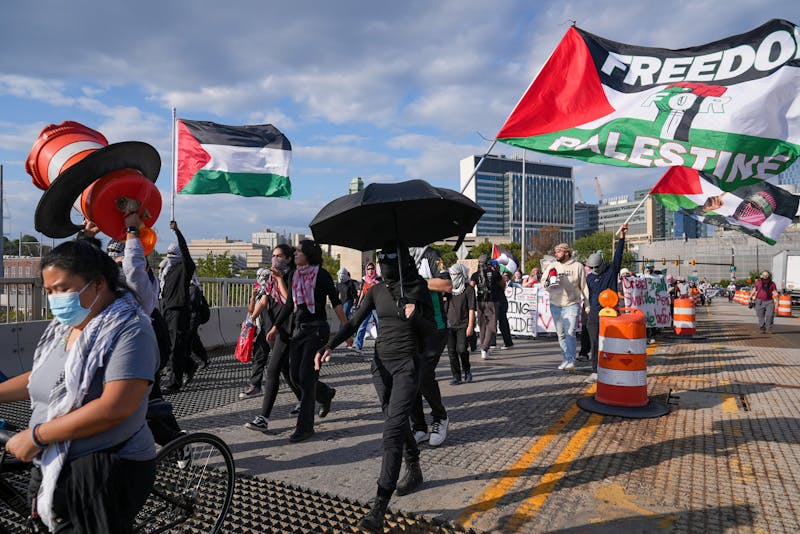
“I will not be grading that because I feel unsafe,” my play therapy professor said after I made a presentation in class on using zines to create mad maps as a form of expressive arts therapy with disabled survivors of state violence. She did not allow me to have the same Q&A discussion every other student had after they made their presentations. Instead, she said we would take a class break early so she could “regulate.” When we returned from the break, she moved along to the next presentation. I was in shock. Other students sent me private messages of support, and the next presenter opened by thanking me for sharing my work. I appreciated the support, but that didn’t change that I had just been discriminated against by my professor and then expected to move along like nothing happened.
I logged off.
I had carefully followed the guidelines of the assignment: Present a problem and its prevalence, offer a play therapy intervention with evidence, and share ways that social workers can engage in advocacy to address the problem. Make the presentation in six and a half minutes using 20 slides and at least 10 references. I did not threaten anyone. I didn’t use graphic images or graphic language.
I opened the presentation with a statement of my positioning: I’m a disabled survivor of state violence, and a Caribbean student of Black and Lebanese descent, with a perspective rooted in my experiences and the experiences of communities of which I’m a part. Then I named the problem: State violence targets disabled people, and state violence is disabling. State violence is the use of force against civilians, and it can include police or military violence, or even the ways social workers break families apart under the guise of “child welfare.” I cited examples. Here in Philadelphia, Walter Wallace was experiencing a mental health crisis when he was killed by the police. In Gaza, 10 children lose one or both of their legs every day to state violence carried out by the Israeli army in its United States-backed genocide of Palestinians.
For those who survive, the traumatic impact of state violence is often unacknowledged. Rather than offering therapeutic interventions, social workers regularly involve the state in disabled people’s lives through practices like mandated reporting and family policing. Parents with psychiatric disabilities are more than eight times more likely to have contact with the family policing system and 26 times more likely to have children removed from their homes. Using expressive arts therapy to support disabled people in creating mad maps, or wellness plans, to prepare for crises, can be a powerful intervention that supports agency, self expression, and self understanding without increasing the risk of state violence.
Just like other presenters, I closed my presentation by sharing how social workers can engage in advocacy to address the problem I had discussed. We can put an end to harmful practices in social work like mandated reporting, educate ourselves about the ways social work upholds oppressive systems like settler colonialism, and organize toward collective liberation.
My play therapy professor was not “unsafe” when I made my presentation on Zoom that day. Using this racist dog whistle, she recast herself — a white woman and professor — as the victim and me — a Black and Arab student — as a threat. My grades, my ability to finish the class, my ability to graduate on time were all in her hands. I had no power over this person; she had power over me.
For marginalized students at Penn — Black students, students of color, disabled students, queer and trans students, students who oppose genocide — fascism is already here. We see it in the ways our school refuses to use the word “genocide” to refer to the mass murder and ethnic cleansing of Palestinians and Arabs in Palestine, Lebanon, Syria, and Yemen. We see it in the armed police raid on unarmed students in their home. We see it in the new repressive guidelines restricting expression on campus. And now we’ve seen it in the ways professors can get away with blatant acts of discrimination: I have been told it’s very unlikely that there will be any institutional consequences for my play therapy professor’s discriminatory actions toward me and other students who have shared similar experiences with me. In the past, she misgendered a nonbinary student for an entire semester and, in another case, refused accommodations for a disabled student.
Many marginalized students at Penn know we can’t count on any election or institution to protect us. Instead, we must turn to each other. The institution will likely not suspend or terminate this professor for discrimination. But an effective boycott can lead to low enrollment in her classes until they are discontinued. It’s up to us as students to firmly reject the ways fascism shows up in our classrooms, on our campus, and in our communities.
Let’s get to work.
ZARA RAVEN is a School of Social Policy & Practice third year student studying clinical social work from New York. Zara’s email is jrav@upenn.edu.
The Daily Pennsylvanian is an independent, student-run newspaper. Please consider making a donation to support the coverage that shapes the University. Your generosity ensures a future of strong journalism at Penn.
Donate











